Rabium
✅ Gastric ulcer relief
✅ Heartburn reduction
✅ Acid reflux treatment
✅ Gastroesophageal reflux management
✅ Stomach protection
Rabium contains Rabeprazole Sodium.
Product Overview
Rabium is a medication containing the active ingredient Rabeprazole Sodium. It belongs to a class of drugs known as proton pump inhibitors (PPIs), which are used to reduce the production of stomach acid. Rabium is available in tablet and capsule formulations, offering convenient options for administration. It is commonly prescribed for the treatment of various gastrointestinal conditions, including gastroesophageal reflux disease (GERD), peptic ulcer disease, and Helicobacter pylori infection. By decreasing stomach acid production, Rabium helps alleviate symptoms such as heartburn, acid reflux, and indigestion, promoting healing of the gastrointestinal lining.
Uses
Rabium is primarily used to treat conditions associated with excessive stomach acid production, including GERD, peptic ulcer disease, and H. pylori infection. GERD, characterized by chronic acid reflux into the esophagus, can lead to symptoms such as heartburn, regurgitation, and chest pain. Peptic ulcer disease involves the formation of ulcers in the stomach or duodenum, often caused by prolonged exposure to stomach acid. H. pylori infection is a bacterial infection associated with the development of peptic ulcers and gastritis.
How to Use
Rabium should be taken orally, usually once daily before a meal or as directed by a healthcare professional. The tablet or capsule should be swallowed whole with a glass of water, without chewing or crushing it. It is important to take Rabium at the same time each day to maintain consistent blood levels of the medication. If you are prescribed multiple doses per day, follow your doctor’s instructions carefully. Do not increase the dosage or use Rabium for longer than recommended without consulting your healthcare provider.
How it Works
Rabium works by irreversibly binding to proton pumps in the stomach lining, inhibiting the secretion of gastric acid. Proton pumps are enzymes responsible for the final step in the production of stomach acid. By blocking these pumps, Rabium reduces the amount of acid produced, leading to a decrease in acidity within the stomach and upper gastrointestinal tract. This helps alleviate symptoms associated with conditions such as GERD and peptic ulcer disease, allowing for the healing of damaged tissues.
Dosage and Administration
The dosage of Rabium may vary depending on the specific condition being treated, the severity of symptoms, and individual patient factors. It is typically administered once daily, but your doctor may adjust the dosage based on your response to treatment. For the treatment of GERD, the usual adult dose is 20 mg taken once daily for up to 8 weeks. For peptic ulcer disease, the recommended dose is 20 mg taken once daily for 4 to 8 weeks. Follow your doctor’s instructions carefully for the best results.
Benefits
Rabium offers several benefits for individuals with gastrointestinal conditions characterized by excessive stomach acid production. It helps alleviate symptoms such as heartburn, acid reflux, and indigestion, improving overall quality of life. By reducing stomach acid levels, Rabium promotes the healing of ulcers and erosions in the gastrointestinal tract, preventing complications and recurrence of symptoms.
Common Side Effects
Common side effects of Rabium may include headache, nausea, diarrhea, abdominal pain, and flatulence. These side effects are usually mild and temporary, resolving with continued use of the medication. However, if any of these side effects persist or worsen, contact your healthcare provider for further evaluation and guidance. In rare cases, Rabium may cause more serious side effects such as allergic reactions, severe diarrhea, or vitamin B12 deficiency.
Warnings
Before using Rabium, inform your healthcare provider if you have any underlying medical conditions, especially liver disease or osteoporosis. Long-term use of PPIs like Rabium may increase the risk of bone fractures, particularly in older adults. It is important to use the lowest effective dose for the shortest duration necessary to control symptoms. If you are pregnant, planning to become pregnant, or breastfeeding, consult your doctor before using Rabium.
Storage Information
Store Rabium at room temperature away from moisture, heat, and light. Keep the medication out of reach of children and pets. Do not store it in the bathroom or near the kitchen sink, where it may be exposed to moisture. Check the expiration date on the packaging before use, and discard any expired or unused medication properly.
Disclaimer:
Our sole intention is to ensure that its consumers get information that is expert-reviewed, accurate and trustworthy. However, the information contained herein should NOT be used as a substitute for the advice of a qualified physician. The information provided here is for informational purposes only. This may not cover all possible side effects, drug interactions or warnings or alerts. Please consult your doctor and discuss all your queries related to any disease or medicine. We intend to support, not replace, the doctor-patient relationship.
| Strength | 10 mg |
|---|---|
| Quantity | 30 Tablet/s, 60 Tablet/s, 90 Tablet/s, 180 Tablet/s |
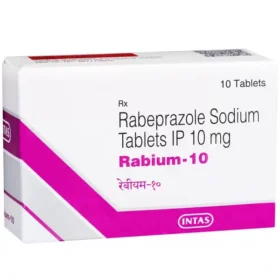 Rabium
Rabium










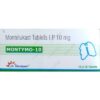

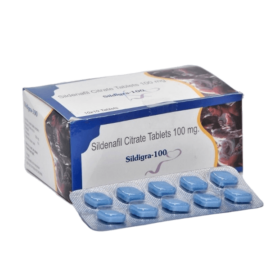
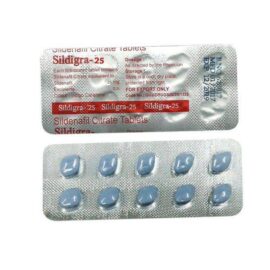
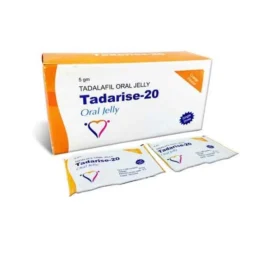
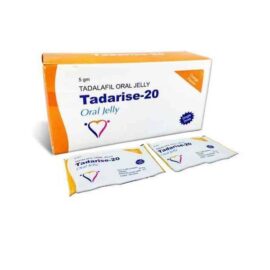


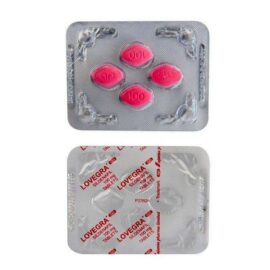
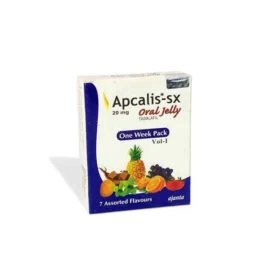
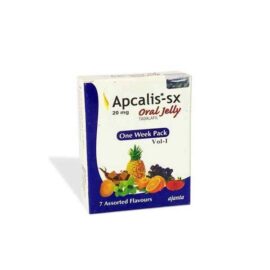
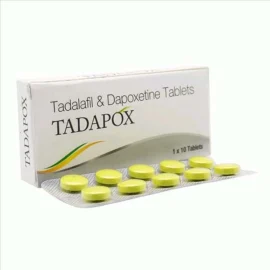
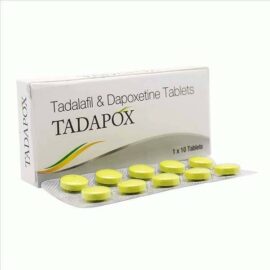
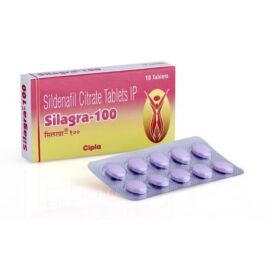
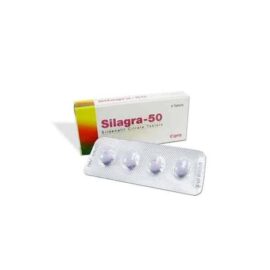
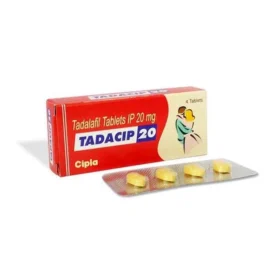
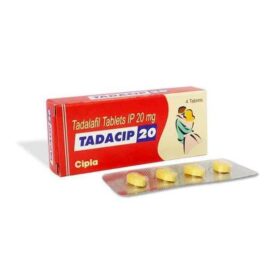
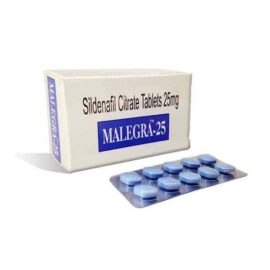

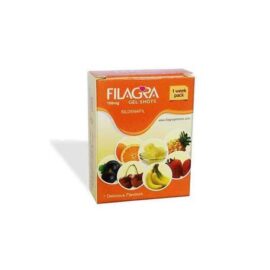
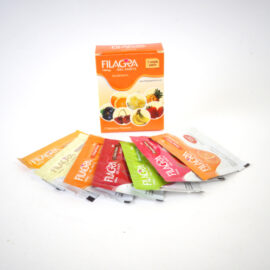


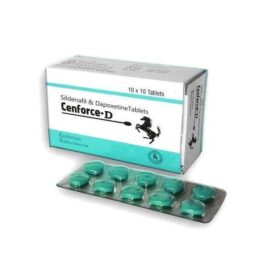
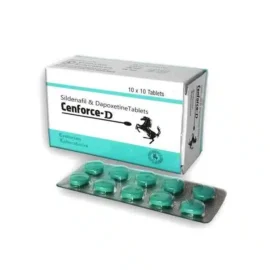
Reviews
There are no reviews yet